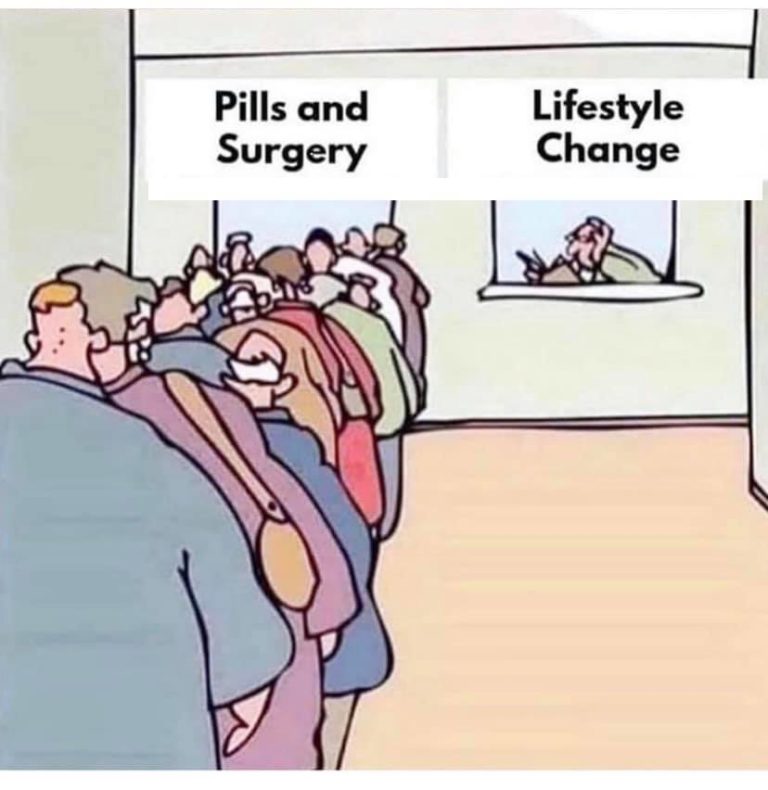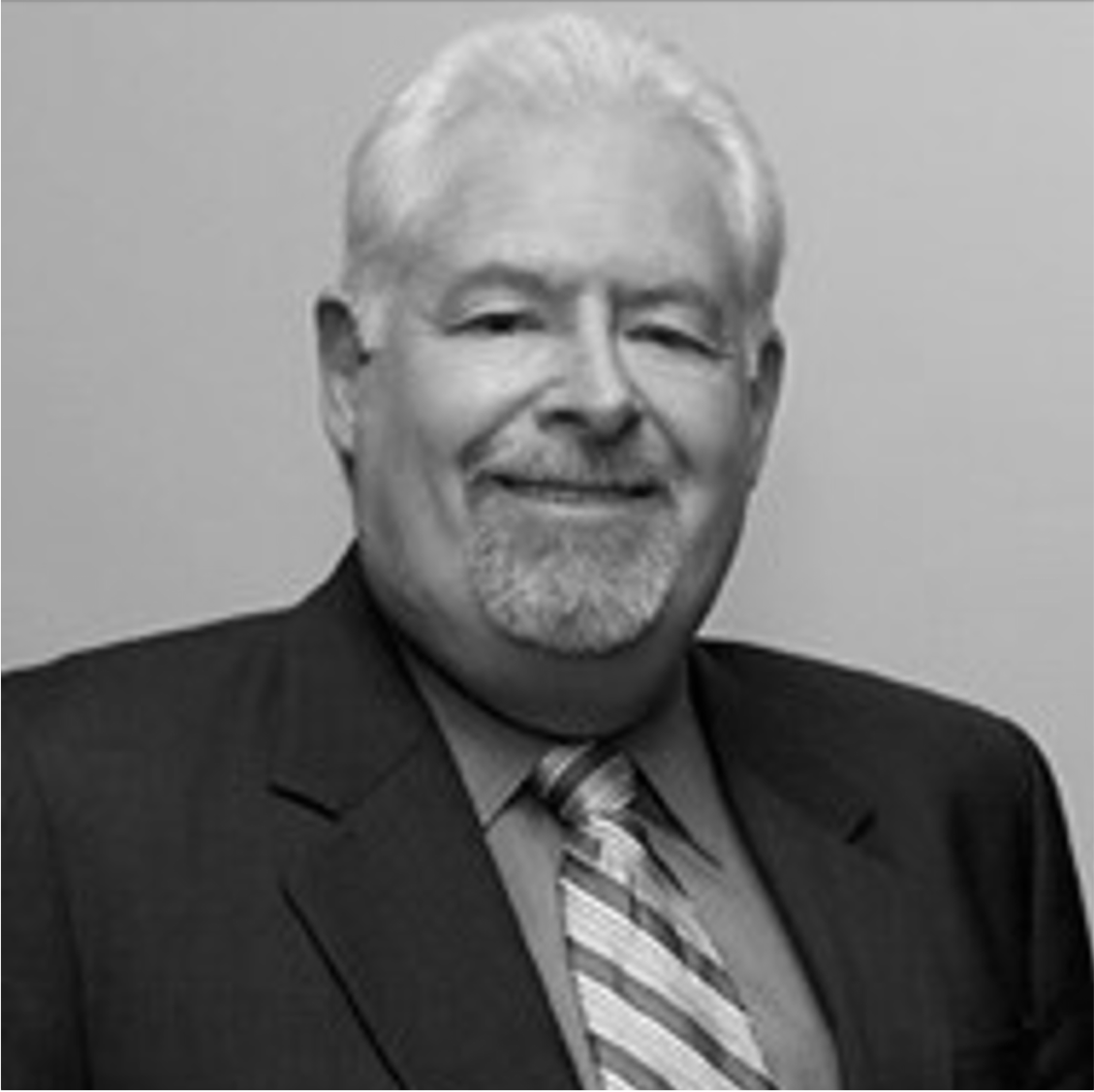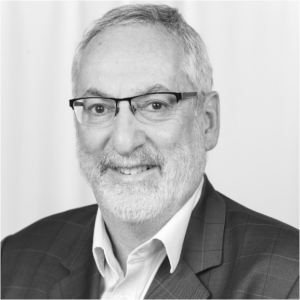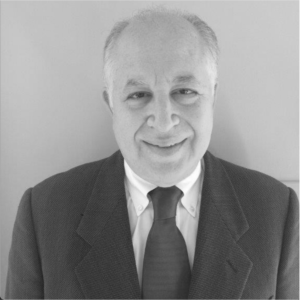
From Harvard Health Publishing, by Robert H. Shmerling, MD
A friend of mine takes a statin medication each day to lower his cholesterol. More than once I’ve heard him say “I ate too much! I’m going to have to take an extra pill.”
Never mind that it doesn’t work that way — a single additional statin pill won’t make much difference to his cholesterol or his health. And never mind that you shouldn’t self-adjust the dose of your medications (talk to your doctor before making any changes in medication dosing).
But my friend’s overindulging does bring up the question of whether starting medications for conditions like high blood pressure or high cholesterol might lead people to pay less attention to healthy lifestyle choices. Would my friend have been as likely to overeat before he was started on a statin?
What actually happens to lifestyle changes after medications are prescribed?
The thinking might go like this. If your cholesterol or blood pressure is not ideal, your doctor will likely recommend changes in your diet, regular exercise, and loss of excess weight, as these measures will lower cholesterol and blood pressure in many people. But if that doesn’t work well enough, a medication may be prescribed. Once the medicine is doing its job, it may seem like it’s not so important to continue with the diet and exercise routine.
A new study published in the Journal of the American Heart Association suggests that this way of thinking might be widespread: people with hypertension (high blood pressure) or high cholesterol seem to let their healthy habits slide once they start taking medications.
Researchers collected data on weight, smoking, physical activity, and alcohol use among more than 40,000 adults with no history of cardiovascular disease. Compared with people who were not prescribed medications for high cholesterol or high blood pressure, those who were prescribed medications
- tended to gain more weight. In fact, they were 82% more likely to become obese.
- exercised less. They were 8% more likely to be physically inactive.
The news wasn’t all bad. Those starting medications tended to drink less alcohol and to quit smoking more often than those not taking medicines.
It’s not okay to slack off on lifestyle changes like diet and exercise if you’re taking a statin or blood pressure pill
These results can be interpreted in a number of ways. Perhaps people who start taking medications assume they no longer need to be as careful with how they eat or other lifestyle choices. It’s also possible that people who ultimately needed medications were less careful with following a healthy lifestyle even before medications were prescribed — and that may explain, at least in part, why they needed medications in the first place. Or, it could be that those destined to require medication therapy inherited more high-risk genes for future obesity.
Whatever the explanation, people with high blood pressure or high cholesterol should maintain a healthy weight and get regular physical activity, regardless of whether medications are prescribed. In fact, it may be even more important for those who were prescribed medications, because if their conditions were severe enough to warrant a prescription, they may be at higher risk for complications (such as heart attack or stroke) than those able to avoid medications.
The bottom line
For many conditions, a medication can only do so much. Healthy lifestyle habits can improve the chances that a medication will be effective.
For people with high blood pressure, high cholesterol, and many other conditions, medications should be in addition to lifestyle changes, not instead of them. Not only will these lifestyle choices improve the chances your medicines will work to lower blood pressure or improve cholesterol, they come with a long list of other health benefits, such as improved mood, a reduced risk of diabetes, and a lower risk of certain cancers. And if you stick with the lifestyle changes, there’s a chance you will be able to stop the medication in the future.
If you’ve been prescribed a medication after trying diet, exercise, or other lifestyle changes, ask your doctor whether it’s still important to focus on these lifestyle factors. And don’t be surprised if the answer is yes.
Follow me on Twitter @RobShmerling
 Michelle is a Senior Consultant for The Pharmacy Group (TPG). TPG provides consulting services to healthcare service, information technology, and pharmaceutical companies to grow revenue and improve the financial performance of their products and services.
Michelle is a Senior Consultant for The Pharmacy Group (TPG). TPG provides consulting services to healthcare service, information technology, and pharmaceutical companies to grow revenue and improve the financial performance of their products and services. Tricia is a consultant with The Pharmacy Group (TPG). TPG provides consulting services to healthcare service, information technology, and pharmaceutical companies to grow revenue and improve the financial performance of their products and services.
Tricia is a consultant with The Pharmacy Group (TPG). TPG provides consulting services to healthcare service, information technology, and pharmaceutical companies to grow revenue and improve the financial performance of their products and services. Sue is a senior consultant for The Pharmacy Group (TPG). TPG provides consulting services to healthcare service, information technology and pharmaceutical companies to grow revenue and improve the financial performance of their products and services.
Sue is a senior consultant for The Pharmacy Group (TPG). TPG provides consulting services to healthcare service, information technology and pharmaceutical companies to grow revenue and improve the financial performance of their products and services. Dr. Milgram is a Physician Consultant for The Pharmacy Group (TPG). TPG provides consulting services to healthcare service, information technology, and pharmaceutical companies to grow revenue and improve the financial performance of their products and services.
Dr. Milgram is a Physician Consultant for The Pharmacy Group (TPG). TPG provides consulting services to healthcare service, information technology, and pharmaceutical companies to grow revenue and improve the financial performance of their products and services. Christine is a Senior Consultant for The Pharmacy Group (TPG). TPG provides consulting services to healthcare service, information technology, and pharmaceutical companies to grow revenue and improve the financial performance of their products and services.
Christine is a Senior Consultant for The Pharmacy Group (TPG). TPG provides consulting services to healthcare service, information technology, and pharmaceutical companies to grow revenue and improve the financial performance of their products and services. Kathleen is a Senior Consultant with The Pharmacy Group (TPG). TPG provides consulting services to healthcare service, information technology, and pharmaceutical companies to grow revenue and improve the financial performance of their products and services. As a trained pharmacist, health economist, and outcomes researcher, Kathleen brings three decades of diverse experience and leadership in delivering new products, programs, and services to market within the global healthcare sector.
Kathleen is a Senior Consultant with The Pharmacy Group (TPG). TPG provides consulting services to healthcare service, information technology, and pharmaceutical companies to grow revenue and improve the financial performance of their products and services. As a trained pharmacist, health economist, and outcomes researcher, Kathleen brings three decades of diverse experience and leadership in delivering new products, programs, and services to market within the global healthcare sector. Gayle is a Senior Consultant with TPG Data Services (TPG-DS). TPG-DS and our team of senior healthcare and clinical consultants are transforming the way providers and payors monitor healthcare information to control costs and enhance efficiencies.
Gayle is a Senior Consultant with TPG Data Services (TPG-DS). TPG-DS and our team of senior healthcare and clinical consultants are transforming the way providers and payors monitor healthcare information to control costs and enhance efficiencies. Brian is a senior consultant with The Pharmacy Group (TPG). TPG provides consulting services to healthcare service, information technology, and pharmaceutical companies to grow revenue and improve the financial performance of their products and services.
Brian is a senior consultant with The Pharmacy Group (TPG). TPG provides consulting services to healthcare service, information technology, and pharmaceutical companies to grow revenue and improve the financial performance of their products and services. Nancy is a Senior Vice President with The Pharmacy Group, responsible for all financial aspects of the TPG Family of Companies, as well as operational matters. She joined The Pharmacy Group in March 2012, in addition to performing the overall financial management she evaluates project profitability and pricing, manages cash flow, analyzes financial performance, and makes financial recommendations. Additionally, she handles HR functions, and frequently is involved in client contracting.
Nancy is a Senior Vice President with The Pharmacy Group, responsible for all financial aspects of the TPG Family of Companies, as well as operational matters. She joined The Pharmacy Group in March 2012, in addition to performing the overall financial management she evaluates project profitability and pricing, manages cash flow, analyzes financial performance, and makes financial recommendations. Additionally, she handles HR functions, and frequently is involved in client contracting.
 Jeff joined The Pharmacy Group (TPG) in August 2008 to support its administrative functions. Over the years he has taken on additional responsibilities including marketing initiatives, client communications, and general web support. As a vice president Jeff is primarily responsible for attendee recruitment for all TPG activities, from the planning and strategy of recruitment to the execution and oversight of those initiatives.
Jeff joined The Pharmacy Group (TPG) in August 2008 to support its administrative functions. Over the years he has taken on additional responsibilities including marketing initiatives, client communications, and general web support. As a vice president Jeff is primarily responsible for attendee recruitment for all TPG activities, from the planning and strategy of recruitment to the execution and oversight of those initiatives. Kari Ratkevich is a consultant with The Pharmacy Group (TPG). Kari’s broad range of pharmacy experience spans over 29 years. Kari has a proven track record for successful sales increases, inventory and purchasing, and minimizing pharmacy expenses and operational costs in retail pharmacy.
Kari Ratkevich is a consultant with The Pharmacy Group (TPG). Kari’s broad range of pharmacy experience spans over 29 years. Kari has a proven track record for successful sales increases, inventory and purchasing, and minimizing pharmacy expenses and operational costs in retail pharmacy. Dr. John Vazquez is a Physician Consultant with TPG International Health Academy (TPG-IHA). TPG-IHA has hosted educational programs for senior healthcare executives for 25+ years, holding week-long Educational Summits in over 30 countries across the globe. The Academy is powered by three pillars: education, networking, and cultural immersion.
Dr. John Vazquez is a Physician Consultant with TPG International Health Academy (TPG-IHA). TPG-IHA has hosted educational programs for senior healthcare executives for 25+ years, holding week-long Educational Summits in over 30 countries across the globe. The Academy is powered by three pillars: education, networking, and cultural immersion.

 Mr. Brook has over 30 years in health care industry management and consulting. He has managed medical and health economic educational programs, convention activities, and promotional product support as both an employee and a consultant. He has worked on market access programs with the National Payor Roundtable since the organization formed in 2005, (as the National Managed Care Roundtable). He managed the daily operation of a pharmacy benefit manager’s formulary programs and was instrumental in the development and implementation of over 20 custom formularies. Mr. Brook has worked with state and federal agencies in refining the diagnosis-related-group system, in developing the resource-utilization-group system—part of the U.S. Federal Long-Term-Care Minimum Data Set, and in developing a mental health classification and reimbursement system. Mr. Brook has taken an active role in the developing and reporting the results of the National Payor Roundtable advisor survey. He reviews for several journals including the American Journal of Managed Care and Current Medical Research and Opinion. He has a variety of therapeutic experience with marketed and developmental products and holds several degrees from Rensselaer Polytechnic Institute, including an M.S. in operations research and statistics, an M.B.A. in health systems finance, and a B.S. in management information systems.
Mr. Brook has over 30 years in health care industry management and consulting. He has managed medical and health economic educational programs, convention activities, and promotional product support as both an employee and a consultant. He has worked on market access programs with the National Payor Roundtable since the organization formed in 2005, (as the National Managed Care Roundtable). He managed the daily operation of a pharmacy benefit manager’s formulary programs and was instrumental in the development and implementation of over 20 custom formularies. Mr. Brook has worked with state and federal agencies in refining the diagnosis-related-group system, in developing the resource-utilization-group system—part of the U.S. Federal Long-Term-Care Minimum Data Set, and in developing a mental health classification and reimbursement system. Mr. Brook has taken an active role in the developing and reporting the results of the National Payor Roundtable advisor survey. He reviews for several journals including the American Journal of Managed Care and Current Medical Research and Opinion. He has a variety of therapeutic experience with marketed and developmental products and holds several degrees from Rensselaer Polytechnic Institute, including an M.S. in operations research and statistics, an M.B.A. in health systems finance, and a B.S. in management information systems. Dr. Sax is co-founder and President of The Pharmacy Group LLC in Glastonbury, Connecticut where he provides marketing services to healthcare service providers; pharmaceutical, biotech, and medical device clients; and information technology and companies to grow revenue and improve the financial performance of their products and services.
Dr. Sax is co-founder and President of The Pharmacy Group LLC in Glastonbury, Connecticut where he provides marketing services to healthcare service providers; pharmaceutical, biotech, and medical device clients; and information technology and companies to grow revenue and improve the financial performance of their products and services.


 Helen is a Senior Consultant with TPG Healthcare Consulting (TPG-HC). She has a track record of developing successful businesses and teams and advancing effective use of medications. She has over 25 years of healthcare experience as a practicing pharmacist, clinician, consultant, and healthcare services leader. She has represented billions of dollars in pharmaceutical purchasing decisions for Fortune 50 companies, international employers, federal and state funded programs, health plan associations, healthcare systems, health plans, and a US intelligence agency. Helen is a visionary with experience in strategic planning and implementation, including startup companies; she is a published international speaker and instructor on the US healthcare system and pharmaceutical market access.
Helen is a Senior Consultant with TPG Healthcare Consulting (TPG-HC). She has a track record of developing successful businesses and teams and advancing effective use of medications. She has over 25 years of healthcare experience as a practicing pharmacist, clinician, consultant, and healthcare services leader. She has represented billions of dollars in pharmaceutical purchasing decisions for Fortune 50 companies, international employers, federal and state funded programs, health plan associations, healthcare systems, health plans, and a US intelligence agency. Helen is a visionary with experience in strategic planning and implementation, including startup companies; she is a published international speaker and instructor on the US healthcare system and pharmaceutical market access. Winston Wong is a Senior Consultant with The Pharmacy Group (TPG). TPG provides consulting services to healthcare service, information technology, and pharmaceutical companies to grow revenue and improve the financial performance of their products and services.
Winston Wong is a Senior Consultant with The Pharmacy Group (TPG). TPG provides consulting services to healthcare service, information technology, and pharmaceutical companies to grow revenue and improve the financial performance of their products and services. Rich Balest has served as a health industry consultant utilizing over 25 years of experience in data mining, data modeling, data warehousing, and information delivery. Rich has comprehensive experience analyzing detailed claims and eligibility from CMS, insurance companies, and managed care organizations including prescription benefit managers (PBM), and account and medical record detailed patient data from hospital patient accounting systems, clinical ancillary systems, and professional and institutional billing systems.
Rich Balest has served as a health industry consultant utilizing over 25 years of experience in data mining, data modeling, data warehousing, and information delivery. Rich has comprehensive experience analyzing detailed claims and eligibility from CMS, insurance companies, and managed care organizations including prescription benefit managers (PBM), and account and medical record detailed patient data from hospital patient accounting systems, clinical ancillary systems, and professional and institutional billing systems. Sarah is a Vice President of Business Development for The Pharmacy Group (TPG). Her primary responsibility is coordinating business growth across the various LLCs in the TPG Family of Companies. She joined The Pharmacy Group in February 2015— initially to augment the organization’s business development and administrative activities. In the years since she has worked on marketing initiatives, client communications, general web support, and program development.
Sarah is a Vice President of Business Development for The Pharmacy Group (TPG). Her primary responsibility is coordinating business growth across the various LLCs in the TPG Family of Companies. She joined The Pharmacy Group in February 2015— initially to augment the organization’s business development and administrative activities. In the years since she has worked on marketing initiatives, client communications, general web support, and program development. Marjorie Pestel Zimmerman, MS, BS Pharm, is a registered pharmacist with diverse experience in the healthcare industry. During her practice in a large tertiary care center, she held numerous positions, including decentralized clinical pharmacist and Assistant Director of Operations within the pharmacy department. As a consultant for a psychiatric hospital, she performed medical staff drug usage evaluations and led patient medication groups.
Marjorie Pestel Zimmerman, MS, BS Pharm, is a registered pharmacist with diverse experience in the healthcare industry. During her practice in a large tertiary care center, she held numerous positions, including decentralized clinical pharmacist and Assistant Director of Operations within the pharmacy department. As a consultant for a psychiatric hospital, she performed medical staff drug usage evaluations and led patient medication groups. In August 2015, Leon Edelsack became the President of TPG Healthcare Consulting (TPG-HC) and also serves as the president of TPG-HC’s sister company, TPG Data Services (TPG-DS), a position he has held since 2009.
In August 2015, Leon Edelsack became the President of TPG Healthcare Consulting (TPG-HC) and also serves as the president of TPG-HC’s sister company, TPG Data Services (TPG-DS), a position he has held since 2009.